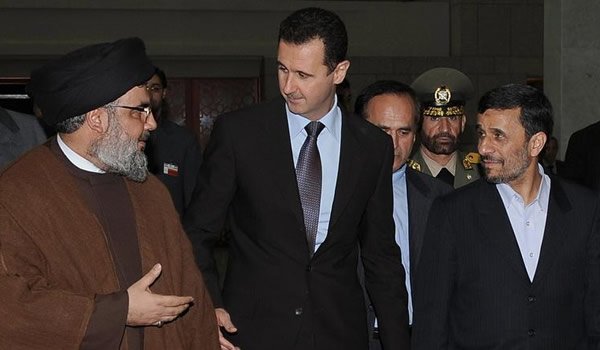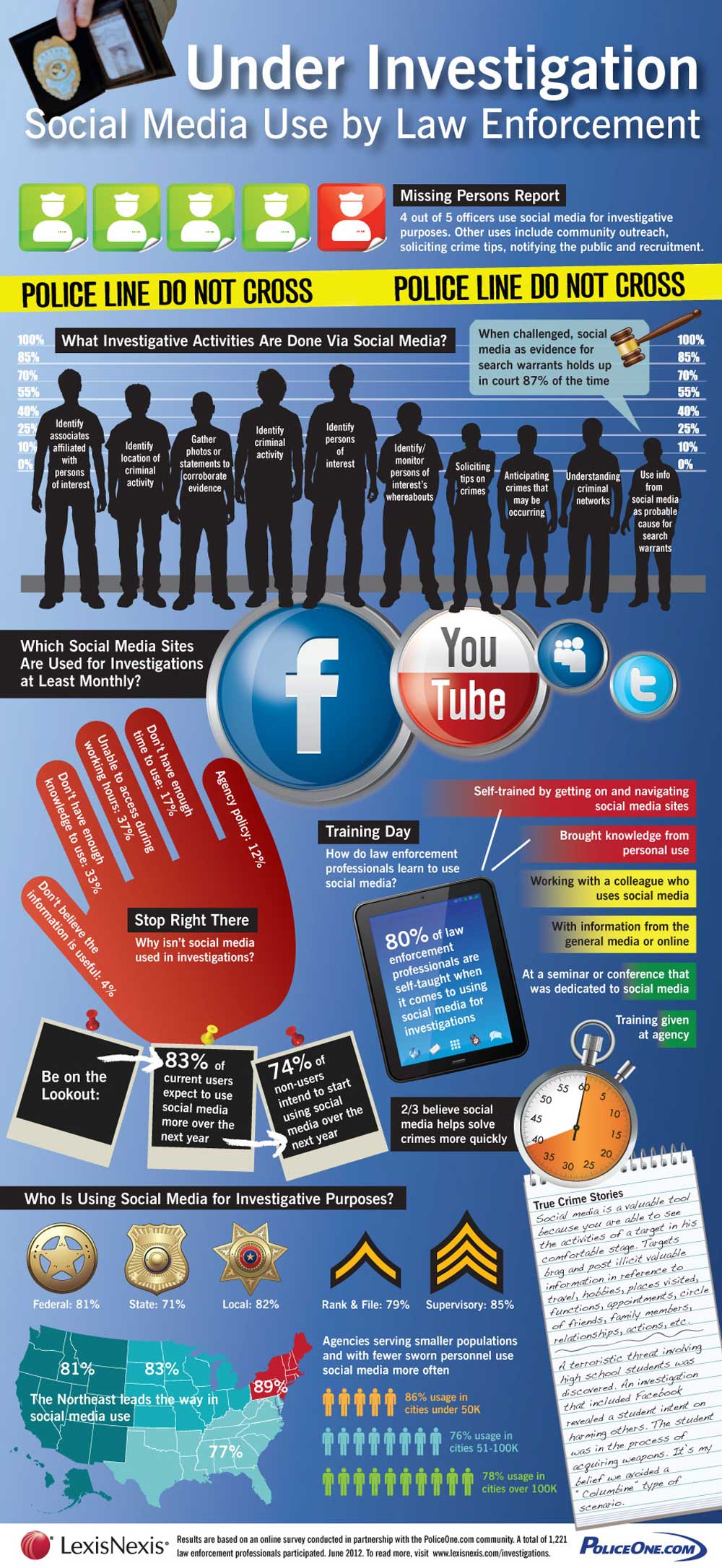BEIRUT: Regional powers are pouring in money and guns, jihadists are joining rebels battling to overthrow Bashar al-Assad, while his own well-armed but hard-pressed forces are fighting back ruthlessly with combat aircraft and artillery. Gruesome scenes of slaughtered civilians or executed rebel fighters provide daily snapshots of the worsening conflict in Syria. Video apparently showing […]
President Michel Suleiman on Wednesday threw his weight behind the Lebanese army’s decision to bring to trial those who target the military and rejected arms spread randomly across the country. In his Army Day speech at the Shukri Ghanem barracks in Fayyadiyeh, a suburb of Beirut, Suleiman said: “The judiciary should issue verdicts against those […]
By Shea Bennett on August 1, 2012 8:00 AM
Did you know that, when challenged, social media as evidence for search warrants holds up in court 87 percent of the time?
Social media has rapidly changed the world, and law enforcement is no exception to its charms. Authorities use platforms such as Twitter and Facebook to identify associates with persons of interest, track the location of criminal activity, gather photos or statements to corroborate evidence, solicit tips on crimes and better understand criminal networks.
It’s very much a work in progress, as 80 percent of law enforcement professionals are self-taught when it comes to using social media for investigations. Still, two thirds believe these tools help them solve crimes more quickly.
This infographic from PoliceOne.com takes a closer look at social media use by law enforcement.

No one has any idea what the Middle East will look like next year, much less in five years — especially the revolutionary players themselves.
There are not even the old familiar fault lines this revolutionary time around. Are the Sunni Gulf kingdoms eager to support revolutionaries in Syria and North Africa? Perhaps and perhaps not — given that the fall of strongmen like Mubarak, bin Ali, Qaddafi, and Assad may lead to Muslim Brotherhood–inspired Islamist governments, which would like to see the oil-rich monarchies become less Western and more theocratic. Or — though this is less likely — if pro-Western reformist movements were to prevail, such governments would like to democratize and secularize the Gulf. Who are our best allies in breaking up the dangerous Iran-Hezbollah-Syria axis? Islamist extremists who want to kill the hated Assad slightly more than they do us — at least for now?
Who can sort out Lebanon? Does a grateful Iraq feel that Syria has been more sympathetic to its Shiite government than its Sunni neighbors have been, or is it experiencing schadenfreude that its terrorists are now doing to Syria what Syria’s used to do to Iraq? Will new Arab Islamist governments seek solidarity with the anti-Western Persian theocracy, or will they fall back into their religious and ethnic fears of Iranian Shiites?
Amid this chaos there are a handful of constants that can guide U.S. foreign policy.




